CASA BLOGS
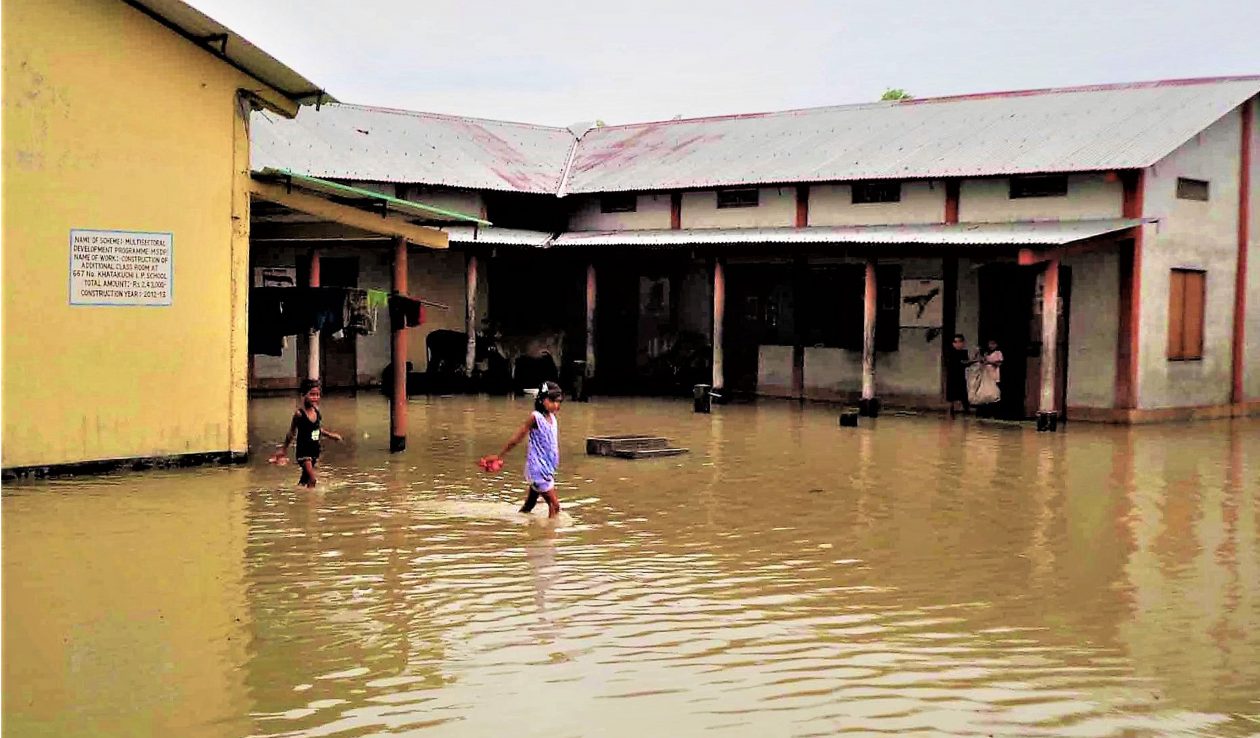
‘It is not enough to adapt to the effects of climate change’
The time to act is now!
Faith groups all over the world calls for climate action

By Mattias Soderberg
Manager of the ACTAlliance Advocacy Academy
Download Special Climate Change newsletter: Click Here
We are all part of God’s creation, and we all have a responsibility to care for it. For Christians and other faith, groups global warming and alarm bells from science are of great concern. We have a wonderful earth and God has asked us to care for it. Clearly, we have not lived up to our task, and it is now time to take action.
ACT Alliance and climate change
ACT Alliance is a global alliance of churches, church based development NGOs, and for us climate change is not just a trendy word, and or a theoretic concept. It is real. ACT members, like CASA in India, and Dan Church Aid where I work, in Denmark, face the effects of global warming on a daily basis.
In our relief work, we help and support poor and vulnerable people who feel the consequences of climate change. We saw it in 2013 when typhoon Haiyan hit the Philippines affecting millions of people who were in urgent need of help and support to survive. However, it is can also be slow onset disasters, like drought in Darfur, Sudan. The direct reason people are forced to leave their homes in Darfur are most likely the conflict, which has been going on for many years. However, the country is also deeply affected by climate change, and continuous droughts is likely to be one of the drivers behind the conflict, as food shortage put pressure on vulnerable communities.
As ACT members, we are also standing together with poor and vulnerable communities when the flood is over, and when rain has put an end to endless droughts. Through our long-term development work, we help people to rebuild their livelihoods, and to strengthen their resilience. We help communities to adapt to the effects of climate change so that smallholders and fishermen, can stand, also when the strongest cyclone goes ashore in Bangladesh.
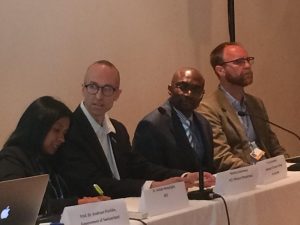
Still, if we want to follow the call from God, to care for the creation, it is not enough to adapt to the effects of climate change. No, we must also enter the path, towards green transformation, and sustainable development. The future must not be based on fossil fuels, and other greenhouse gasses. No, on the contrary, we need to switch to a low carbon development, and explore new ways to live, based on a circular approach. This is also a challenge many ACT members take seriously, and when we help farmers with irrigation, we ensure that the pumps run on renewable energy, instead of an old diesel generator.
However, even if projects on the ground are important, and have a positive and successful effect, it will not be enough. There is also need for political action, and changed structures, policies and activities by nations and states. This is acknowledged by ACT members around the world, who therefore join hands in a strong global call for political action.
Through advocacy activities, including campaigning and active dialog with policy makers, ACT members try to push political ambition upwards, thus generating climate action on a national or even global scale. The potential of being a global alliance is big. We can coordinate our advocacy actions, and reach out to all parts of the world. As faith based movement, we have a high degree of trust, and with our dialog approach, many governments are interested to listen to our proposals.
UN climate talks
For several years, ACT has focused on the UN climate talks, which constitute an important platform for governments to make agreements about global climate collaboration. Climate change has been on the UN agenda since early 1990s. In the beginning, these talks were mainly a concern for environmentalists, and they received limited attention in media, as well as in national politics. However, the climate summit in 2007, in Bali, was a game changer. New scientific reports, and an increased public awareness of the risks associated with global warming put climate change on top of the political agenda. Suddenly climate change was not only an environmental topic. It was equally important for growth, trade, health, agriculture, transport, energy, and security. Suddenly climate change was discussed in all parts of the national governments, and a number of different concerns, coming from various ministries, were brought forward.
The good and important conclusion from Bali was that climate change is a global threat, and that it must be dealt with through global cooperation. All countries must do their fair part. But the new complexity of the talks made it difficult to move forward. Yes, there was a common concern about the effects of climate change, but ministers of finance raised a concern about possible effects on growth, employment, export and development if the use of fossil fuel suddenly were to be reduced. Minsters of agriculture on the other hand, started to see a potential internal conflict, as their sector generate big emissions, at the same time as it becomes more and more vulnerable due to the effects of climate change.
UN climate talks had many ups and downs, but in 2015, finally, a global agreement was signed in Paris. The Paris climate agreement provides a solid base for joint climate action.
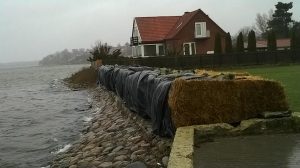
Firstly, it is global, meaning that all countries will work together to solve a global problem. Obviously, the responsibility for global warming, of different countries, as well as their respective capabilities to take action, differs. However, the agreement acknowledge that we all need to take action, and that we have to work together.
Secondly, it address all the main elements of the climate debate. That includes:1) Mitigation, i.e. how we can reduce our emissions and in the long perspective end global warming. 2)Adaptation, i.e. how we can adapt to the inevitable effects of climate change, so that we can continue to live and develop in a climate constraint world. 3)Loss and damage, i.e. how to deal with situations where it no longer is possible to adapt, where livelihoods are lost or damaged. And 4) Means of implementation, i.e. financial and technological support to developing countries, to help them with a transition to green, sustainable and resilient future.
Thirdly, and equally important, the Paris agreement includes an “ambition mechanism”. The current level of ambition, meaning the climate action governments have committed to do in their countries, is far too low. If nothing more than the existing plans are implemented, global temperature will raise far beyond the limits recommended by science. This is acknowledged in the Paris agreement, and therefore a so called “global stock take” will take place every five year, to evaluate the situation, and to facilitate initiatives to scale up ambition on country level.
Climate justice
However, while we celebrate the Paris agreement, we should also look at the reality. The reality is that poor and vulnerable people around the world, including India, suffer. At the same time, we know that the risks associated with climate change is increasing due to emissions from for example the energy sector, agriculture and transport. It would thus be most fair if those who have the biggest emissions also pay the biggest bill. But how do we define fairness?
This is the core of the UN climate talks, and one of the topics where ACT alliance have raised its concern. However, while the need for justice and a fair division of work is easy to understand, the reality makes it difficult to turn into practice. All governments are concerned with growth and development of their own counties, and traditional growth strategies are interlinked with increased emissions. Thus, all governments will try to push responsibilities onwards to other countries. As a result, negotiations tend to deliver many loopholes, where countries can find arguments to limit their own contribution. Developed countries agree that they have a big responsibility, including support to developing countries, but they do not want this commitment to hinder domestic growth. Emerging economies see the need for action, but are also concerned that drastic changes may challenge their current growth rates. Why should they hold back now, when the old industrialized countries have had a low cost fossil-based developed path for centuries? Finally, the most poor and vulnerable countries, they have nothing to offer, as their emissions already are small. However, they are currently paying the highest price as people die, and are being displaced due to the effects of climate change. It is not surprising it is difficult to agree on how to share the efforts related to climate action.
We have faith
But the future is bright. We have faith! This is a slogan used by many ACT members. As faith based organizations, we believe in humanity. We acknowledge that the situation is critical, but we believe that our current course can be changed and that we can do something about it.
And recent news, seems to support our belief. In spite of a new climate sceptic administration in the US, there seems to be optimism around the world. Renewable energy solutions are now becoming a more profitable solution than old fossil fuel based technologies, and the political commitment to take action is growing.
Yet, while there are positive signs when we talk about energy, and sustainable development, poor and vulnerable people are still at risk of being left behind. They often lack capacity to cope with droughts and flooding, and they may not even have access to energy, not fossil based nor renewable. There is an urgent need to mobilize support to these communities, and to ensure that they also benefit from solutions, which can support both adaptation and mitigation measures.
And this is the key message from the ACT alliance. We should leave no one behind. The future is green, sustainable and resilient. This is the development path we all need to choose. We have faith!
 Previous Blog Post Orphaned at 4, Daily wage worker at 9, to become a Doctor by 25
Previous Blog Post Orphaned at 4, Daily wage worker at 9, to become a Doctor by 25 Have we thought about Women and Climate??
Have we thought about Women and Climate??Featured Post
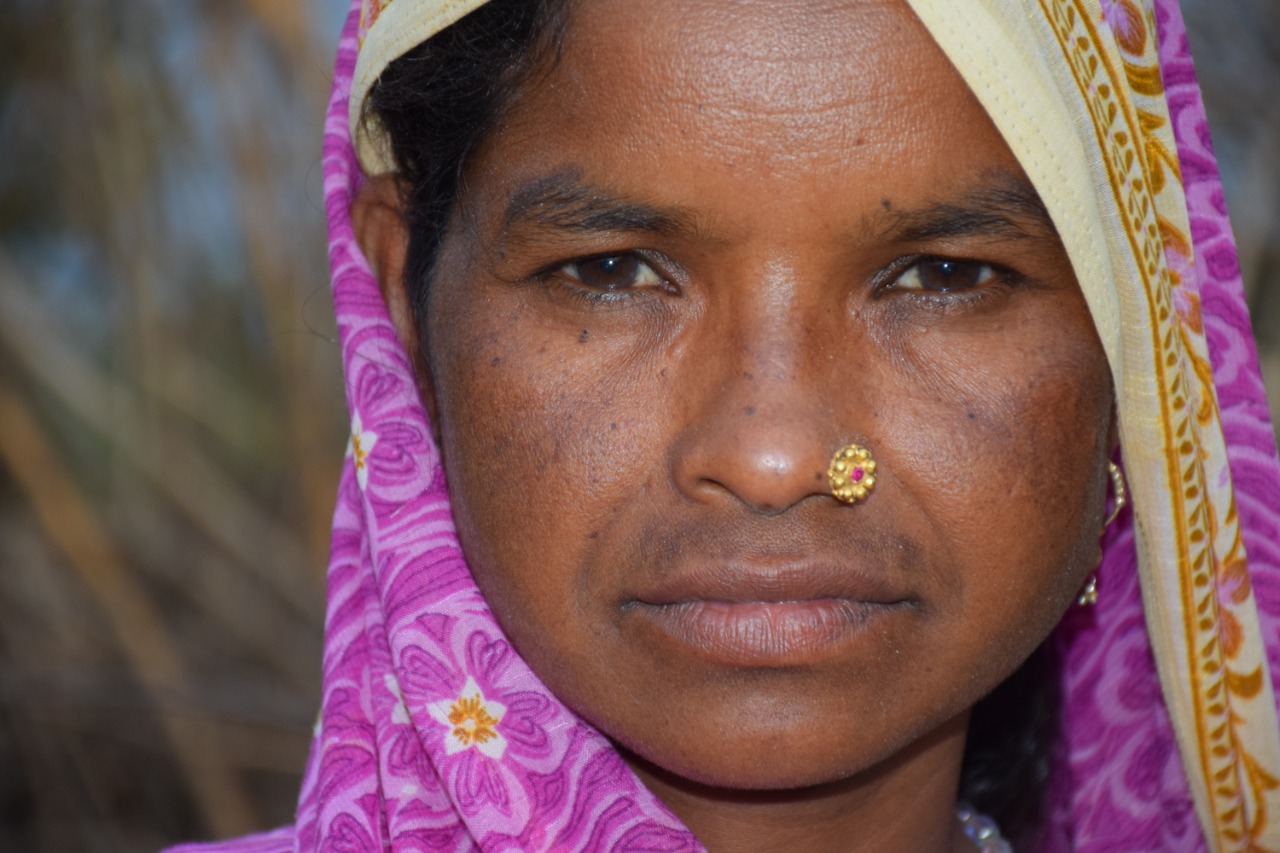
Mental Health Awareness in India: Addressing Key Challenges
8 Nov 2024
Mental health awareness is crucial in India, where millions silently struggle with mental health disorders, including depression, anxiety, and bipolar disorder. Despite growing recognition, India faces unique challenges in effectively addressing mental health issues. The stigma associated with mental illness remains a primary barrier. In Indian society, mental health issues are often misunderstood, leading to […]

Ensuring Girls’ Safety in India: A Path Toward Empowerment
20 Aug 2024
Girls’ safety in India remains a critical issue that has garnered increasing attention over the years. Despite various reforms and efforts from both government and civil society, challenges persist. From street harassment to domestic violence, gender-based discrimination continues to limit the freedom and safety of girls. While significant progress has been made in addressing these […]
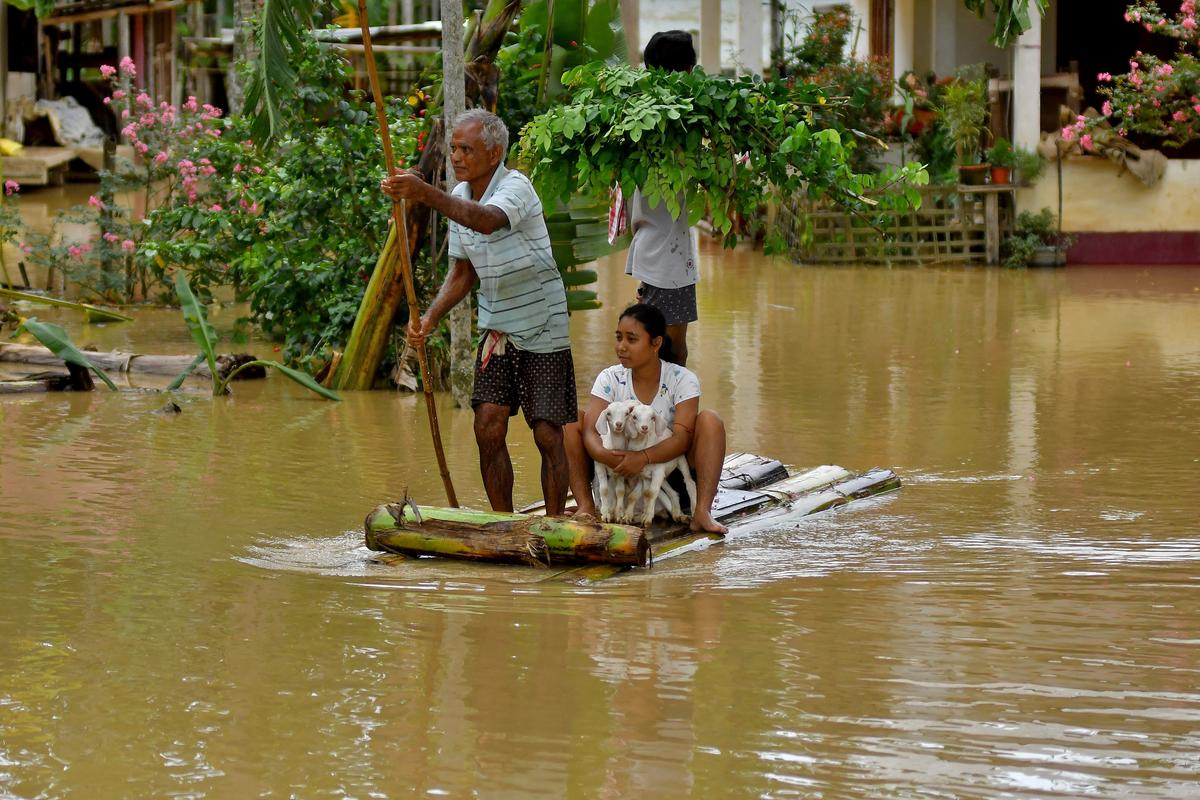
The Connection Between Monsoons and Floods in India: An In-Depth Analysis
9 Jul 2024
India, a land of diverse climates and geographical features, relies heavily on the monsoon season for its agricultural and water resources. However, with the benefits of the monsoon rains come significant challenges, particularly in the form of floods. This blog explores the intricate relationship between the monsoon season and flooding in India, providing detailed insights […]


